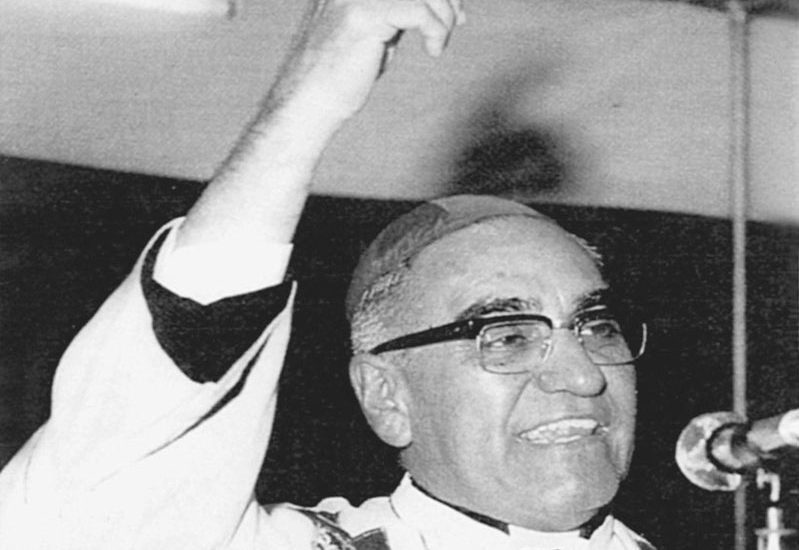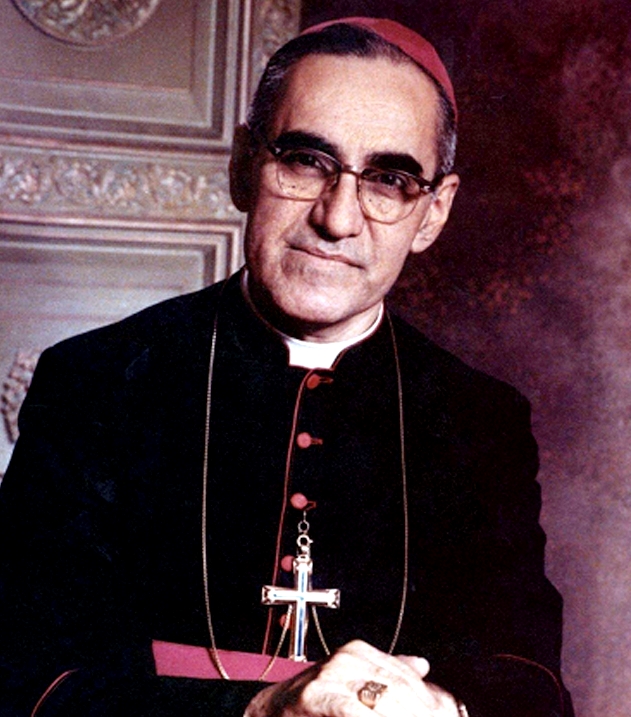Right to Truth Day: Honouring Victims, Pursuing Justice
- March 24, 2024
- Posted by: Hub Admin
- Categories: Access to Justice, Human Rights, Latest News & Events

By Joshua Dada
Every year, the 24th of March is observed as the International Day for the Right to the Truth Concerning Gross Human Rights Violations and for the Dignity of Victims.
The purpose of this observance is to ensure that the memory of victims of gross and systematic human rights violations is honoured, promote the importance of the right to truth and justice, and pay tribute to those who have devoted their lives to, and lost their lives in, the struggle to promote and protect human rights for all.
To this end, this observance captures and commemorates the quest for truth by the relatives of victims of human rights violations and breaches of humanitarian law such as torture, inhumane and degrading treatment, false imprisonment, summary executions, enforced disappearance, missing persons, abducted children, etc. Family members, relatives, and other concerned members of society seek to know what really happened to the victims of these rights violations.
Thus, beyond the general narrative that may exist with the victims of these rights violations, which many times is shrouded in presumptions or covered up by blanket stories, there is a desire to know more and get as many details as possible on the events that transpired with the victims.
History of this Observance
While this observance may have previously been commemorated by different groups, organisations, and societies, it formally commenced and enjoyed international approbation on the 24th of March 2011, owing to the proclamation of the United Nations on the 21st of December 2010. The United Nations formally proclaimed March 24 to be the International Day for the Right to the Truth Concerning Gross Human Rights Violations and for the Dignity of Victims. Since then, this date has been recognised and marked accordingly.

The reason March 24 was chosen by the United Nations was to pay tribute to Monsignor Óscar Arnulfo Romero, who was murdered on March 24, 1980, by pro-government forces called the “death squad.” These findings were made by the Commission of Truth for El Salvador, which investigated the incident and published its findings in its report. Monsignor Romero was a human rights activist who spent his life passionately advocating for the preservation of the rights of vulnerable people and groups in El Salvador. He also vehemently denounced human rights violations when they occurred or when they were perceived to be likely to occur.
Present-Day Relevance
The commemoration of this international day is still very relevant in this present day, as there are many victims of rights violations whose families, friends, relatives, and other interested members of society have not yet come to know the details of what happened to them, and the quest for such truth still exists. Furthermore, and unfortunately, there still exists the possibility of human rights violations in many societies today, and where such an event occurs, it becomes necessary to inquire into the details of whatever transpired and make the truth obvious and apparent to all – family, friends, and interested members of the society.
Local Context
In Nigeria, reports of incidences of human rights violations are rampant; however, there are very few reports that detail these events of human rights violations. Very little is known about the extent of violation, the number and nature of victims, the duration of such violation, the reason or rationale for such violation, the place and general circumstances of such violation, the perpetrators of such violation, etc.
A lot of awareness has to be created about the existence of this right, and a lot of work has to be put in place to ensure that this right is fully enforced. Practically speaking, the Nigerian government, Civil Society Organisations (CSOs), the media, and other stakeholders have to do a lot of work to ensure that people are aware of the right to know the full details of human rights violations that have been experienced by persons in society. Furthermore, commissions of inquiry, investigative panels, reporting lines, etc. should be properly set up for use by members of the public. Practices relating to archives and records concerning gross violations of human rights should also be encouraged and supported.
Conclusion
In conclusion, the International Day for the Right to the Truth Concerning Gross Human Rights Violations and for the Dignity of Victims has come to be such an important commemoration globally, largely because of its relevance and utmost significance within the nations of the world. Every nation must thus seek to provide avenues for the protection, preservation, and expression of this right.
Cover picture: CAFOD
